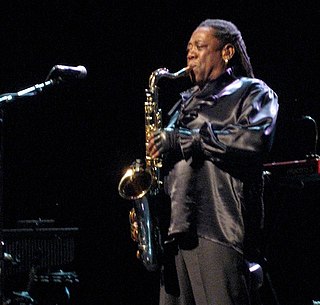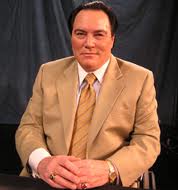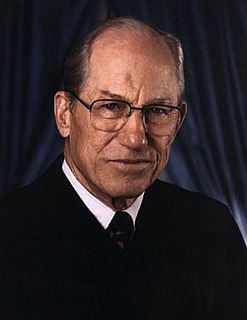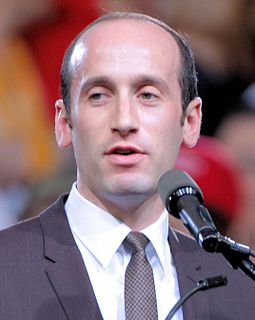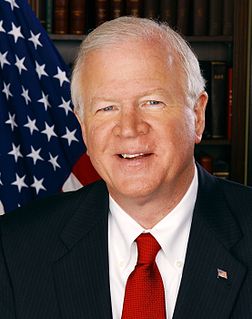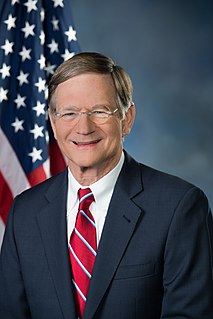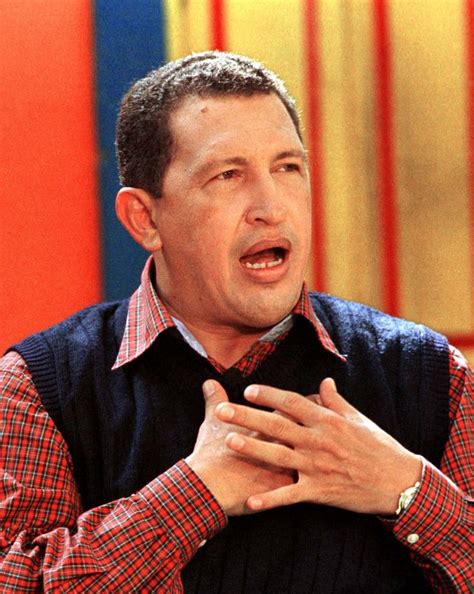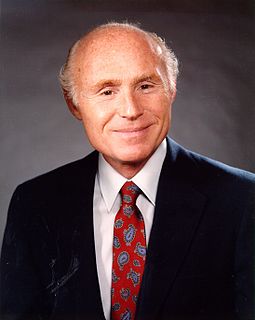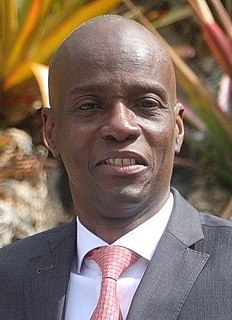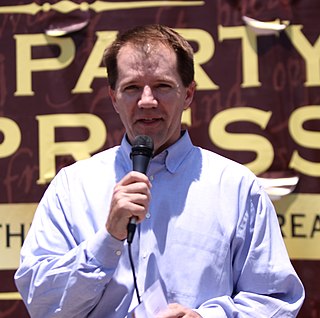Top 411 Judicial Quotes & Sayings
Explore popular Judicial quotes.
Last updated on April 14, 2025.
I can only express the hope that faith in the judicial system will never be diminished, and I am sure it will not, so long as we allow a review of the judicial processes that takes place here in some other tribunal where obviously undue influence cannot be brought to bear. As long as governments are wise enough to leave alone the rights of appeal to some superior body outside Singapore, then there must be a higher degree of confidence in the integrity of our judicial process. This is most important.
Everyone knows that due process means judicial process, and when John Brennan brings him a list of people to be killed this particular week, that's not due process. That's certainly not judicial process. So there's the fifth amendment. Not even George Bush claimed the right to kill American citizens without due process.
I do think the whole question of judicial accountability is a complicated one. On the one hand, you want to encourage judicial independence. And it's always, I think, problematic when an unpopular decision triggers a recall election. Because it sends a disempowering message to judges. On the other hand, it's the only way that voters have to rein in someone whose views are really so out of the mainstream of public opinion that they jeopardize the legitimacy of the judicial process.
Much of the Constitution is remarkably simple and straightforward - certainly as compared to the convoluted reasoning of judges and law professors discussing what is called 'Constitutional law,' much of which has no basis in that document....The real question [for judicial nominees] is whether that nominee will follow the law or succumb to the lure of 'a living constitution,' 'evolving standards' and other lofty words meaning judicial power to reshape the law to suit their own personal preferences.
Judicial activists are nothing short of radicals in robes--contemptuous of the rule of law, subverting the Constitution at will, and using their public trust to impose their policy preferences on society. In fact, no radical political movement has been more effective in undermining our system of government than the judiciary. And with each Supreme Court term, we hold our collective breath hoping the justices will do no further damage, knowing full well they will disappoint. Such is the nature of judicial tyranny.
If Americans loved judicial activism, liberals wouldn't be lying about what it is. Judicial activism means making up constitutional rights in order to strike down laws the justices don't like based on their personal preferences. It's not judicial activism to strike down laws because they violate the Constitution.
On the one hand we want to preserve the integrity of the judicial branch, and we want to talk about judicial independence, and how damaging and dangerous it is when Donald Trump calls out Judge [Gonzalo] Curiel. And at the same time, at the end of the day, judges work for us and we can recall them and we can impeach them.
You can understand why the original framers of judicial ethics thought it would be undignified and would call into question the legitimacy of the judicial decision-making process to have mudslinging by judges, but the way that we hobble people of enormous integrity from defending themselves is, I think, deeply problematic in states where you have an elected judiciary, or a judge is subject to recall.
The confidentiality of the judicial process would not matter greatly to an understanding and evaluation of the legal system if the consequences of judicial behavior could be readily determined. If you can determine the ripeness of a cantaloupe by squeezing or smelling it, you don't have to worry about the produce clerk's mental processes.
Some have argued that the President is required to get permission from a federal court before taking action against a United States citizen who is a senior operational leader of al Qaeda or associated forces. This is simply not accurate. 'Due process' and 'judicial process' are not one and the same, particularly when it comes to national security. The Constitution guarantees due process, not judicial process.
The constitution is either a superior paramount law, unchangeable by ordinary means, or it is on a level with ordinary legislative acts, alterable when the legislature shall please to alter it. It is emphatically the province and duty of the judicial department to say what the law is. This is the very essence of judicial duty.
